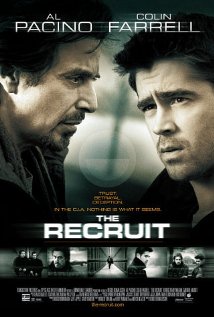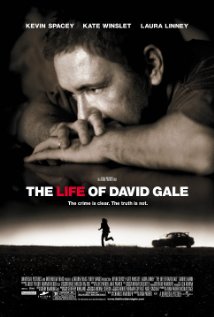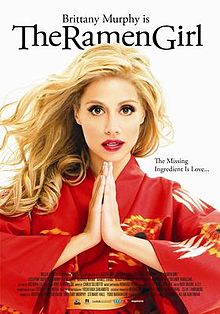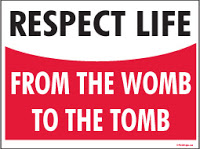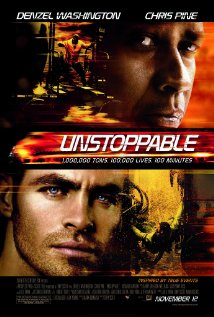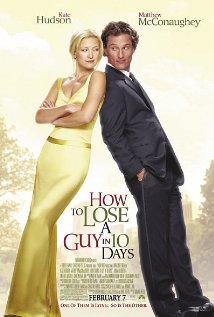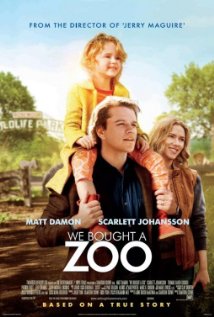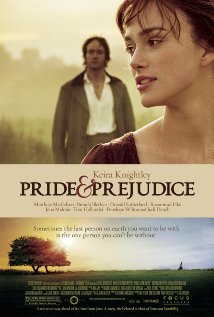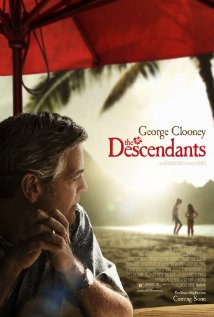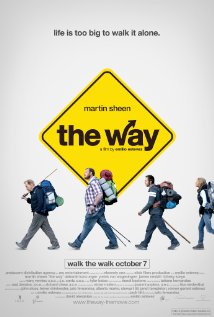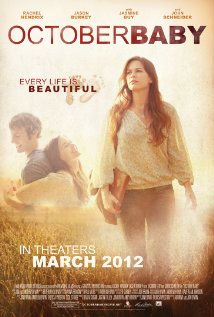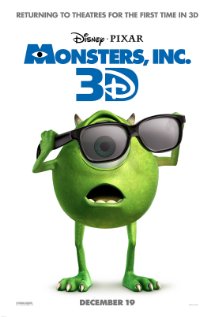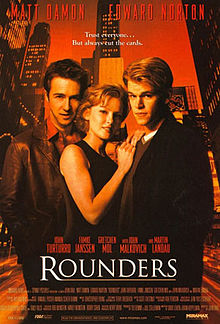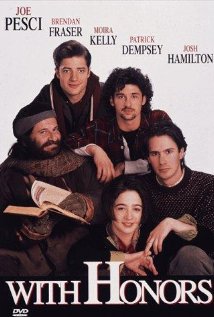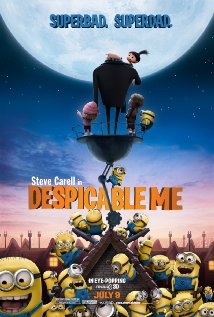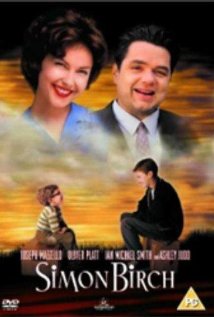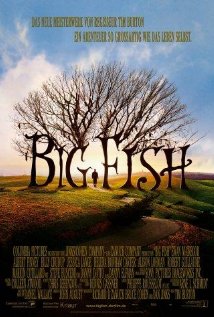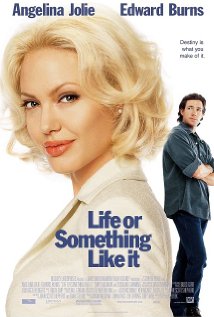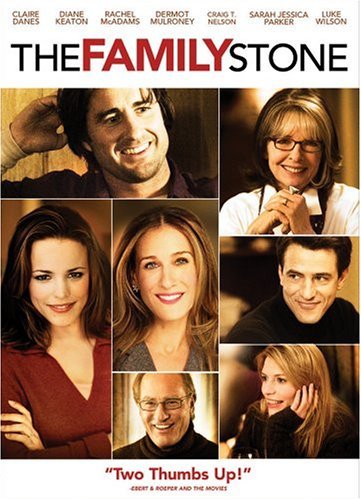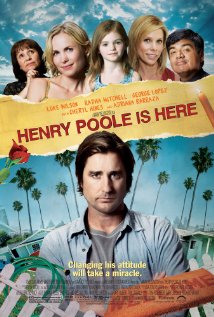Ian Wallace: You know what I still don’t get? Why are you trying so hard to fit in when you were born to stand out?
Daphne Reynolds: [after everything has happened] The truth is sometimes things aren’t exactly what you always imagined… they’re even better!
 I was as Mass a while back and the priest was talking about how he never fit in as a kid. And how now, he was okay with that (even though as he went through it he wasn’t). He went on saying we’re called to be Saints… that we’re called to stand out! And with that, this movie popped into my head. Amanda Bynes plays, Daphne Reynolds, a teenager who has never met her father, Lord Henry Dashwood, and after years of hearing the story of her parent’s romance, she decides to head off to try to find him.
I was as Mass a while back and the priest was talking about how he never fit in as a kid. And how now, he was okay with that (even though as he went through it he wasn’t). He went on saying we’re called to be Saints… that we’re called to stand out! And with that, this movie popped into my head. Amanda Bynes plays, Daphne Reynolds, a teenager who has never met her father, Lord Henry Dashwood, and after years of hearing the story of her parent’s romance, she decides to head off to try to find him.
Its sort of Cinderella in reverse. Instead of loosing her Dad, she finds him and her mother is still alive but, like Cinderella, she is loved by all except for the soon-to-be stepmother and stepsister. She meets her Prince Charming early, and he helps her learn how to be herself. But even with all this, her antics get her noted in the press as being a wild American teen in great need of some English “restraint.” So, what can we learn from this quirky but accident prone “Yank?”
Money can’t buy class: So, as we see VERY early on, Daphne’s arrival that her presence is more than just a minor concern to her soon-to-be stepsister and stepmother. And then there’s the pompous guy that keeps hitting on her, even though she has attempted to dissuade him at every attempt. These people are mean, hateful and prove over and over that they’re only concerned with social standing. But what they really show us is their shallowness. Normally, we want nice things, fast computers, big houses, big name clothes and when you have the means, that’s not necessarily a bad thing. But, when we start holding it over people’s heads or trying to make them feel bad about themselves it becomes bad.
Daphne is not refined in that she has a lot to learn about certain “social graces,” but when it really counts, she is as classy as they come. She is kind to animals, she tries to help a couple of socially outcast girls, and she does not abuse the staff of the house. She tries to make the best of everything.
Sometimes we fall: There are a couple of times that Daphne does stoop to the level of those who are making life difficult. But in the aftermath that follows, she seems to learn her lesson. We can’t be perfect all the time… and we all know it’s harder to love those we don’t like, but it is something we have to work at. Despite the fact that Daphne wins, this is a good chance to talk about “the high road” and how stooping may feel good temporarily, we do need to do our best to do better. It’s easy to love the people who are good to us, but we are called to “love our enemies” and “kill them with kindness.” I remember as a kid, I had some great uncles (both great as in my mom’s uncles and great in their love for me and my many cousins) who used to tease me and my sister and we didn’t really understand their teasing, so it upset us. My mom told us just to say “I love you Uncle ________.” It really caught them off guard and as we grew, we finally understood the teasing for what it was and we got to know these much uncles better than we would have if we’d just written them off as mean old men. I still use that tactic today… someone fusses at me about something, and I’ll catch myself saying “I love you, too” (sometimes out loud, sometimes to myself), and I have to make an effort for it not to be sarcastic sometimes… but, I find that just saying the words is helpful.
Be you! We do have certain “codes and behaviors” we are expected to adhere to. But, within that, we do have to be true to ourselves and who God wants us to be. When we try to become something else, we will never be truly happy, despite whatever success we may think we’ve found. Daphne tries to fit into her father’s world and leaves all the fun and spunk of her personality behind in an effort to keep from causing her father’s political campaign any more trouble. It seems to be working, but she isn’t happy, and neither is he.
Don’t give up a piece of yourself without a real good reason! At a few points during the movie, the characters refer to a hall of family “heroes” all of which lost some body part during the various battles & wars in their history. Finally, Henry’s mother warns him that if he’s not careful, he may loose something much more important than one of the body parts of his ancestors. We do have to realize that not all battles take place on a battle field and in fact, the most important ones are the ones within ourselves.
We’re born to stand out: One of the hardest things growing up is being different. We get labeled as weird or strange… but we are called to be different. We are called to reject the ways of this world, so that we can be with God in the next. We are called to be saints!
Things aren’t always as you imagine, they’re better! Daphne uses this line to sum up how things turned out for her in the movie. But, I find myself saying this when people start talking about what they think Heaven is like. I also like the St. Augustine quote: “God is not what you imagine, or what you think you understand, if you understand you have failed.” This may seem pessimistic, but I think God is bigger, and better than what we can conceive in our imagination. Heaven is better… God is better!
It’s a wrap! What A Girl Wants is certainly a chick flick. I really don’t see guys getting into it, although as much as they might not want to admit it, they deal with the same feelings and pressures. But, being rated PG this is good clean entertainment and one worthy of a lesson or two, for sure!

